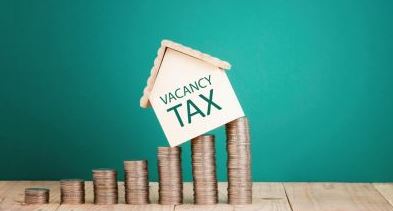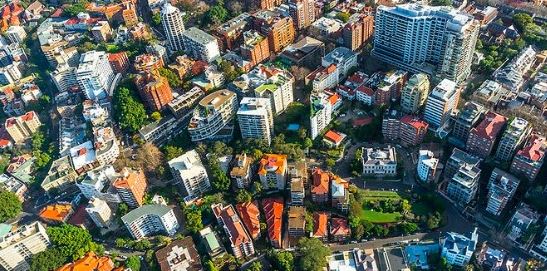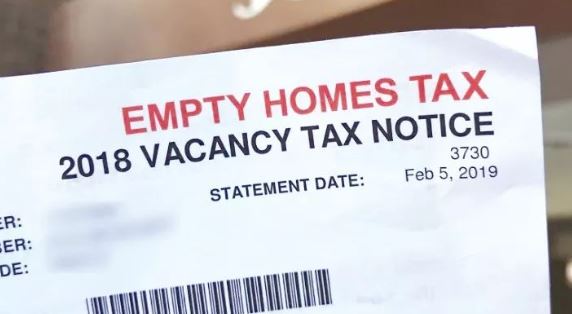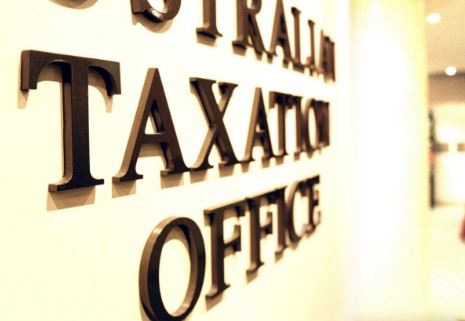
More and more overseas property owners are optimistic about the development of the Australian housing market and are waiting to enter the market, most of them are for self-occupation or investment purposes, and some are for vacations. For those buyers who do not live often, the vacancy tax is an item that they must understand and pay the fee, so Wanjia today will take you to understand what the vacancy tax is.
The Australian Federal Government passed legislation in December 2017 to introduce an annual annual vacancy tax (Annual Vacancy Charge) for overseas people. For residential properties that are vacant for more than six months and not fully utilized within a 12-month cycle, the government will levy a vacancy tax on their overseas owners.
According to the Australian Government website, the regulations are as follows:
If you own residential real estate in Australia as a foreigner, you must file an annual vacancy fee declaration in the following cases:
Foreign investment applications for residential properties submitted after May 7th, 2017, 7:30 pm EST
The property was purchased from a developer holding a new residential exemption certificate after 7:30 pm on May 9, 2017.
If you bought a house before May 9, 2017, but did not apply for approval, you may also have to submit a vacancy fee declaration form.
If it is an uncompleted contract, if the overseas owner meets the above time, it will also be included in the audit. The vacancy tax will be assessed based on the control status of the property throughout the year.

How to judge the vacancy situation

The vacant year is the time from the first day you occupy the property to each successive 12-month period. It is different from the Gregorian calendar year and also from the financial year. It is unique to each property.
On what day will the property be officially occupied?
Generally speaking, from the day the house is handed over, it is also possible to obtain the residence permit on the property.
183 days requirement
It may not be 183 consecutive days, but the sum of several divided times in a year, but each divided time must be equal to or more than 30 days to be counted in 183 days. It is worth noting that short-term rental properties (with a contract of less than 30 days) will not meet the above 183-day requirement, so vacancy tax will be required.

Can vacancy tax be exempted

The following are the situations that can be exempted
The legal ownership of the property has changed within one year-the title showing the date of transfer;
Due to fire, vandalism or natural disasters, your property is undergoing major repairs-evidence of repair reasons, such as insurance claims or police reports;
Your property is undergoing a large-scale renovation, or is considered too unsafe to live in–a construction certificate or other third-party report that proves there is a safety issue;
You or your tenant is receiving long-term, hospitalization, medical or residential care-a letter from a nursing facility confirming that you or your tenant are in medical care away from the property;
Court or court order or legal restrictions of federal, state or territorial laws-court orders or documents outlining legal restrictions;
The registered owner has passed away and the management of the estate has not been completed yet-the death certificate of the owner of the property registration;
You are no longer an overseas tax resident-visa certificate.
General tax rate:
Generally speaking, if you need to pay the vacancy tax to the tax bureau, the amount of the vacancy tax will be the same as the investment application fee for overseas people when you buy a house. The specific amount will be automatically generated by the system after the vacancy tax is declared. If you do not pay the investment application fee for overseas people because you are buying a property that the developer has obtained a new house exemption certificate, the vacancy tax amount will be the overseas investment application fee that you need to pay when you buy a general property It’s 5500 Australian dollars.
If you have the following changes, you can notify the tax office when you declare vacant tax:
You are no longer an overseas tax resident
Your investment property has been transferred
Your contact information has changed

Steps to pay vacancy tax (Australian Taxation Office):

Obtain FIRB approval
Before purchasing residential real estate, foreign investment review board (FIRB) approval must be obtained and fees paid. For the application, please fill in the “Residential Real Estate Application Form”.
Register your property on the Land and Water Register (provided by ATO)
You will usually receive FIRB approval within 30 days. The approval letter will state any conditions that you must comply with when purchasing the property and after delivery (the date the property ownership is transferred to you, not the date of sale). ATO will register the details of foreigners purchasing residential properties in the ATO Land and Water Register. According to FIRB approval conditions, you must register your purchased property on the ATO Land and Water Register within 30 days of closing. (Important information: Once you enter your personal information, you will receive an ATO land registration number. This number is required when submitting a vacancy fee declaration form)
Submit Vacancy Fee Declaration Form
If you have a residence on your land, you must submit an annual vacancy fee return within 30 days after the end of each 12-month period within the ownership period. This is called the “vacant year”.
The vacancy year refers to the 12 months from the date you first have the right to live (“Date of Entry”).

You need to inform the government:
ATO land registration number
Entry Day
Vacant year
The use of dwellings in the past 12 months.
The government will send you a reminder letter via email to remind you to submit a vacancy fee declaration form. An email will be sent to your email address in the ATO Land and Water Register. Even if we do not receive our reminder, we must submit a vacancy fee declaration form.
Pay the vacancy fee
After submitting the vacancy fee declaration form, you will see a confirmation page with reference materials, any amount you need to pay and how to pay. The government will also send you a written notice via email. You must pay before the due date stated in the notice.
If you do not submit a vacancy fee return before the due date, the vacancy fee may also apply.
If your situation has changed
Make sure you tell us if your personal details have changed so that the government can contact you about matters related to your property.
To update your email address, you can:
Fill in the FIRB update email form at ato.gov.au/FIRBUpdateEmail
Email to: FIRBVacancy@ato.gov.au and quote your ATO land registration number to describe changes in personal circumstances.

